Tag: European Union
-
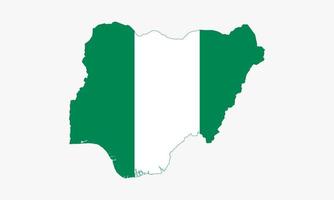
We reject European Union’s Conclusions on 2023 General Elections – Dele Alake
Sometimes in May, we alerted the nation, through a press statement, to the plan by a continental multi-lateral institution to discredit the 2023 general elections conducted by the Independent National Electoral Commission. The main target was the presidential election, clearly and fairly won by the then candidate of All Progressives Congress, Bola Ahmed Tinubu.While we did not mention the name of the organisation in the said statement, we made it abundantly clear to Nigerians how this foreign institution had been unrelenting in its assault on the credibility of the electoral process, the sovereignty of our country and on our ability as a people to organise ourselves. We find it preposterous and unconscionable that in this day and age, any foreign organisation of whatever hue can continue to insist on its own yardstick and assessment as the only way to determine the credibility and transparency of our elections.Now that the organisation has submitted what it claimed to be its final report on the elections, we can now categorically let Nigerians and the entire world know that we were not unaware of the machinations of the European Union to sustain its, largely, unfounded bias and claims on the election outcomes.For emphasis, we want to reiterate that the 2023 general elections, most especially the presidential election, won by President Bola Tinubu/All Progressives Congress, were credible, peaceful, free, fair and the best organised general elections in Nigeria since 1999.There is no substantial evidence provided by the European Union or any foreign and local organisation that is viable enough to impeach the integrity of the 2023 election outcomes.It is worth restating that the limitation of EU final assessment and conclusions on our elections was made very bare in the text of the press conference addressed by the Head of its Electoral Observation Mission, Barry Andrews. While addressing journalists in Abuja on the so-called final report, Andrews noted that EU-EOM monitored the pre-election and post-election processes in Nigeria from January 11 to April 11, 2023 as an INEC accredited election monitoring group. Within this period, EU-EOM observed the elections through 11 Abuja-based analysts, and 40 election observers spread across 36 states and the Federal Capital Territory. With the level of personnel deployed, which was barely an average of one person per state, we wonder how EU-EOM independently monitored election in over 176,000 polling units across Nigeria.We would like to know and even ask EU, how it reached the conclusions in the submitted final report with the very limited coverage of the elections by their observers who, without doubt, relied more on rumours, hearsay, cocktails of prejudiced and uninformed social media commentaries and opposition talking heads.We are convinced that what EU-EOM called final report on our recent elections is a product of a poorly done desk job that relied heavily on few instances of skirmishes in less than 1000 polling units out of over 176,000 where Nigerians voted on election day.We have many reasons to believe the jaundiced report, based on the views of fewer than 50 observers, was to merely sustain the same premature denunciatory stance contained in EU’s preliminary report released in March.We strongly reject, in its entirety, any notion and idea from any organisation, group and individual remotely suggesting that the 2023 election was fraudulent.Our earlier position that the technology-aided 2023 general elections were the most transparent and best organised elections since the return of civil rule in Nigeria has been validated by all non-partisan foreign and local observers such are the African Union, ECOWAS, Commonwealth Observer Mission and the Nigerian Bar Association.Unlike EU-EOM that deployed fewer than 50 observers, the Nigerian Bar Association that sent out over 1000 observers spread across the entire country for same election gave a more holistic and accurate assessment of the elections in their own report.NBA, an organisation of eminent lawyers and an important voice within the civic space, reported that 91.8 per cent of Nigerians rated the conduct of the national and state elections as credible and satisfactory. Any election that over 90% of the citizens considered transparent should be celebrated anywhere in the world.It is heart-warming that INEC, through its National Commissioner for Information and Voter Education, Mr. Festus Okoye, has come out to defend the integrity of the election it conducted by rejecting the false narratives in the EU report.It is also gratifying that the electoral umpire, as an institution that is open to learning and continuous improvements, has also committed to taking on board more ideas, innovation and reforms that will further enhance the integrity and credibility of our electoral process.As a country, we have put the elections behind us. President Tinubu is facing the arduous task of nation-building, while those who have reasons to challenge the process continue to do so through the courts. In just one month in office, Nigerians appear satisfied with the decisive leadership of President Tinubu and the manner he is redirecting the country to the path of fiscal sustainability and socio-economic reforms. We urge the EU and other foreign interests to be objective in all their assessments of the internal affairs of our country and allow Nigeria to breathe.Dele AlakeSpecial Adviser to the President(Special Duties, Communications and Strategy) -
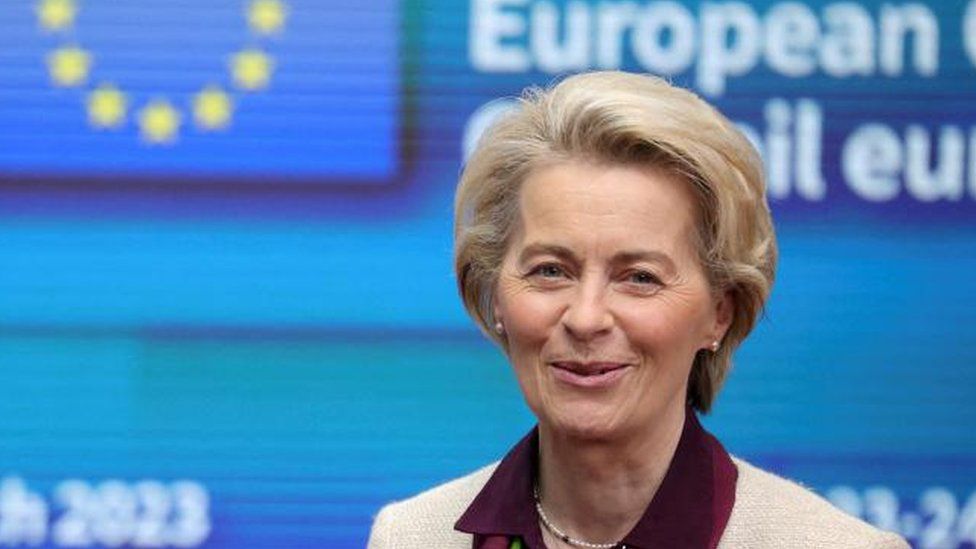
EU’s von der Leyen says frozen Russia assets will rebuild Ukraine
A proposal for the European Union to use frozen Russian assets to support Ukraine will be put forward in the coming weeks, European Commission President Ursula von der Leyen said.
The European Commission will put forward a plan to do so before the summer break, von der Leyen said while attending a conference on Ukrainian reconstruction in London on Wednesday.
She said frozen Russians assets should be used “because the perpetrator has to be held accountable.”
The Ukraine Recovery Conference, which is being held in London on Wednesday and Thursday, is supposed to lay the foundations for rebuilding Ukraine from the destruction of the ongoing Russian invasion.
The focus is on how private-sector companies can be encouraged to invest in the country and help rebuilt its economy.
-

EU condemns Russian escalation of war against Ukraine
The European Union (EU) has accused Russia of further escalating war against Ukraine. The EU made the accusation in a statement on Friday.
“This week marks another escalation in Russia’s illegal war of aggression against Ukraine with increasingly indiscriminate and bloody shelling of civilian areas,’’ the spokesman for EU Foreign Affairs Chief Josep Borrell said in Brussels.
He cited missile and drone attacks on Odessa and Kiev as examples in addition to a large supermarket, a railway station and a petrol station hit with heavy artillery in the Kherson Region.
“The latest of these Russia’s barbarities killed over 20 people and injured almost 50 in Kherson, all of them civilians.
“This reckless killing of civilians and destruction of civilian infrastructure must stop immediately,’’ the spokesman said.
He said that the EU remained committed to holding the perpetrators accountable.
-
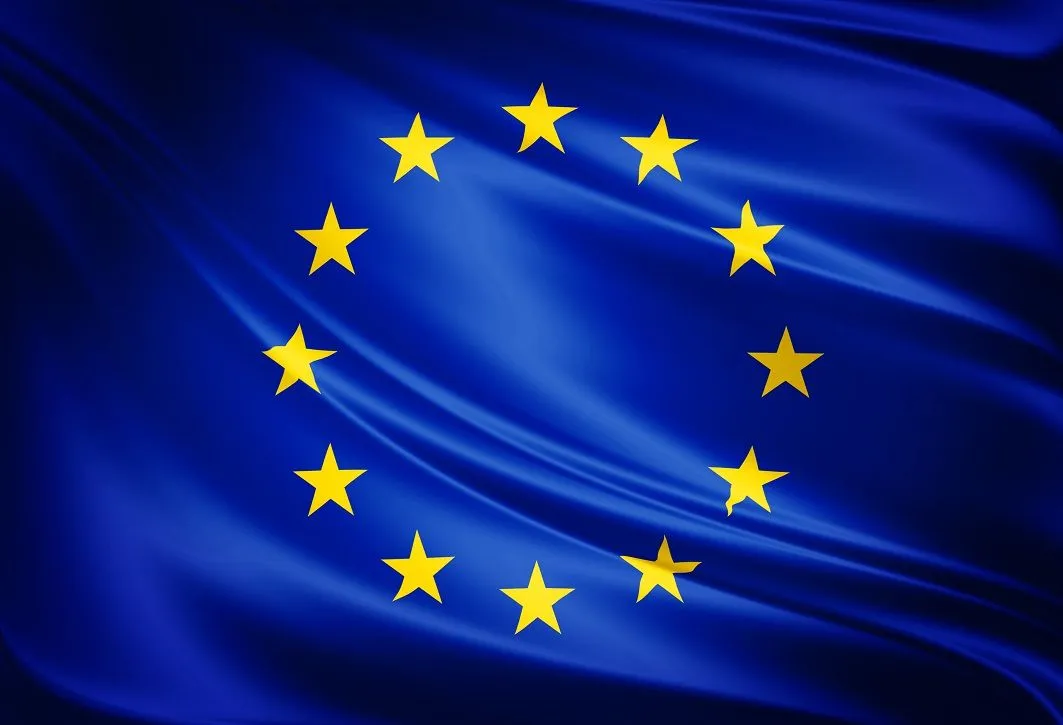
Ukraine war: EU imposes fresh round of sanctions on Russia
The European Union leaders, at a European Council summit in Brussels on Thursday, December 15, EU imposed fresh sanctions (its 9th round of sanctions) on Moscow despite disagreements over easing the export of Russian agricultural products and fertilizers through European ports.
A 15% minimum tax on large, multinational businesses agreement, was reached by EU leaders.
The agreement will be confirmed in writing today.
Full details were not revealed but the sanctions are expected to include travel bans and asset freezes on close to 200 more Russian officials and military officers, as proposed by the European Commission last week.
The bloc is also likely to ban the delivery of drone engines to both Russia and Iran, which has been accused of providing “kamikaze” drones for deployment against Ukrainian civilian targets.
Countries such as the Netherlands and Belgium pleaded to be exempt from previous sanctions on importing Russian fertilizer after threatening to hold up the new sanctions.
Poland and some Baltic states were concerned relaxing them would allow Russian oligarchs who own fertilizer businesses to dodge EU sanctions against them.
“Ambassadors agreed in principle on a sanctions package against Russia as part of the EU’s ongoing support for Ukraine,” the EU’s Czech presidency tweeted.
The bloc also gave its approval to join the international plan, with almost 140 countries signed up, to set a minimum tax rate of 15% on multinational businesses.
French President Emmanuel Macron said Thursday that the EU would have to move more quickly to head off the threat to its industry from planned US subsidies.
Arriving at the EU summit in Brussels, Macron said the leaders would discuss their response to US President Joe Biden’s Inflation Reduction Act.
“To maintain fair competition,” Macron said, Europe must simplify its own subsidy rules faster “to respond, to be the equivalent of what the Americans have done.”
-

Sweden takes over leadership of EU governing council for 6 months
The Swedish Embassy in Abuja on Wednesday took over the leadership of the European Union (EU) Council for a period of six months from Czech Republic.
It was reported that Sweden took over the leadership at a ceremony at the Swedish Embassy in Abuja.
The Swedish presidency will continue the leadership responsibility of the bloc’s core functioning co-legislature power.
The presidency of the council of the EU is responsible for the functioning of the Council of the EU, which is the co-legislation of the EU legislature alongside the European Parliament.
This rotates amongst the member states of the EU after every six months.
Speaking at the handing over ceremony, Ambassador of Czech Republic, Mr Zdeněk Krejči, said that the responsibility of the Czech Republic presidency was to create the condition of security and prosperity for the bloc.
He also added that bringing sustainable peace to Ukraine soil was paramount on the council’s leadership agenda.
“The events of the last months have shown that Europeans in a crisis triggered by an external threat are able to act quickly, effectively and in a united way.
“The overall objective of the Czech presidency was to contribute as much as possible to creating the desired conditions for the security and prosperity of the EU.
“In the context of the European values of freedom, social justice , democracy and the rule of law and environmental responsibility.
“Czech presidency of the bloc has been getting closer to the finish line and is gradually reaping the fruits of almost six months of work.
“It managed to facilitate an agreement among Member States on further measures to tackle the energy crisis, negotiate the EU budget for 2023 amongst others,” Krejči said.
Responding, the Swedish Ambassador-Designate to Nigeria, Ms Annika Hahn-Englund, lauded the leadership of the Czech presidency for uniting member states to have common ground to work at a difficult time for the bloc due to the Ukraine war.
She said: ”Together we can tackle the energy crises, to advance security and defence, related issues and to lead the climate change discussions and results at the COP27.
“Many of these dossiers will continue to be on the top of the agenda during the Swedish presidency.
”Sweden is number three in the Presidency Trio since the bloc calendar commenced in 2021, first it was French, then Czech Republic and on January 1 our leadership will commence.”
According to Krejči, building on the trio programme from Dec. 2021, the political direction for the Swedish EU presidency can be summarised in five headings.
They are: “Providing security for EU citizens and strengthening the EU’s role in the world. Stopping organised crime. Speeding up the climate transition.
“Strengthening the EU’s competitiveness for the jobs of the future. Safeguarding the EU’s fundamental values, ” she said.
NAN reports that the handing over coinicided with the Swedish national event called “Lucia”, which is celebrated each year on Dec. 13 with candlelight and choir singing Christmas songs
The Swedish event also called the Santa Lucia celebrations is believed to bring hope and light to the dark Swedish and Norwegian winters during the Christmas period.
The Abuja Amemuso Choir sang some of the Lucia traditional songs to commemorate the evening event with their angelic voices carrying through the compound singing Christmas hymns to honor the patron, St. Lucy (Santa Lucia).
The holiday’s history goes back to the 4th century.
The legend says that Italian martyr Lucia carried food and goods to the Christians at that time who were hiding out in the catacombs under Rome, using a wreath dotted with candles to light her way and keep her hands free,
-
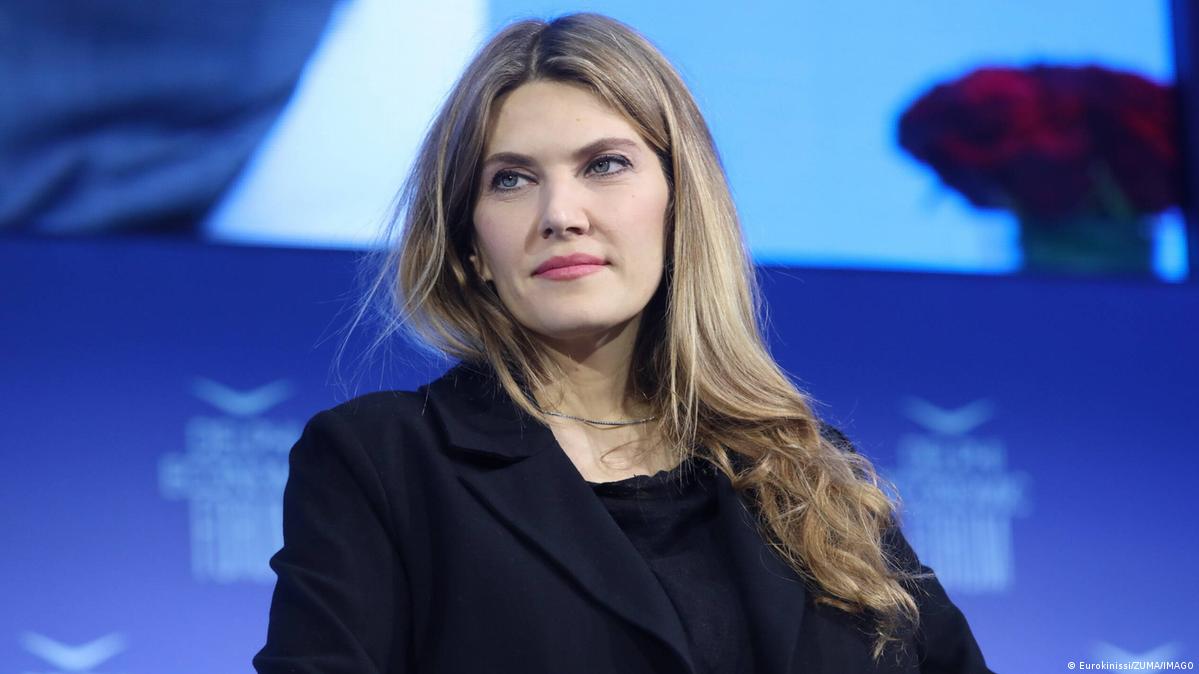
Qatar bribery: EU parliament moves to sack vice president Kaili Eva
The European Union (EU) Parliament has voted for the termination of the appointment of Vice President Eva Kaili, over a bribery allegation traced to Qatar, the host of the 2022 world cup.
Recall that Eva Kaili alongside three others was imprisoned in Belgium following police investigation into alleged corruption linked with Qatar.
Greek socialist MEP Eva Kaili’s lawyer has declared that she “has nothing to do with Qatar’s bribes”, claiming she was innocent of the allegations
The parliament’s president, Maltese conservative Roberta Metsola, convened the leaders of political groups before calling on MEPs to vote “on the early termination of office of Vice President Eva Kaili”.
A Belgian judge will decide tomorrow whether to maintain her and three co-accused in custody pending her trial.
She was arrested last week during a series of raids on the homes and offices of several MEPs and their assistants or associates carried out by Belgian graft investigators.
Belgian prosecutors said 600,000 euros ($630,000) were found at the home of one suspect, 150,000 euros at the flat of an MEP, and several hundred thousand euros in a suitcase in a hotel room.
Some of these “bags of cash” were found in Kaili’s home, a judicial source said, leading a judge to conclude that, as she had apparently been caught red-handed her parliamentary immunity would not apply.
A Belgian judicial source told AFP that investigators believe that figures representing Gulf monarchy Qatar had been paying off European politicians to burnish the country’s image.
Qatar has denied any involvement in European corruption. “Any claims of misconduct by the State of Qatar are gravely misinformed,” an official told AFP.
Kaili’s lawyer Michalis Dimitrakopoulos told private Greek television channel Open TV: “Her position is she is innocent. She has nothing to do with Qatar’s bribes.”
Asked if any cash was found at Kaili’s home, Dimitrakopoulos said: “I am not confirming or denying. There is confidentiality. I have no idea if money was found or how much was found.”
-
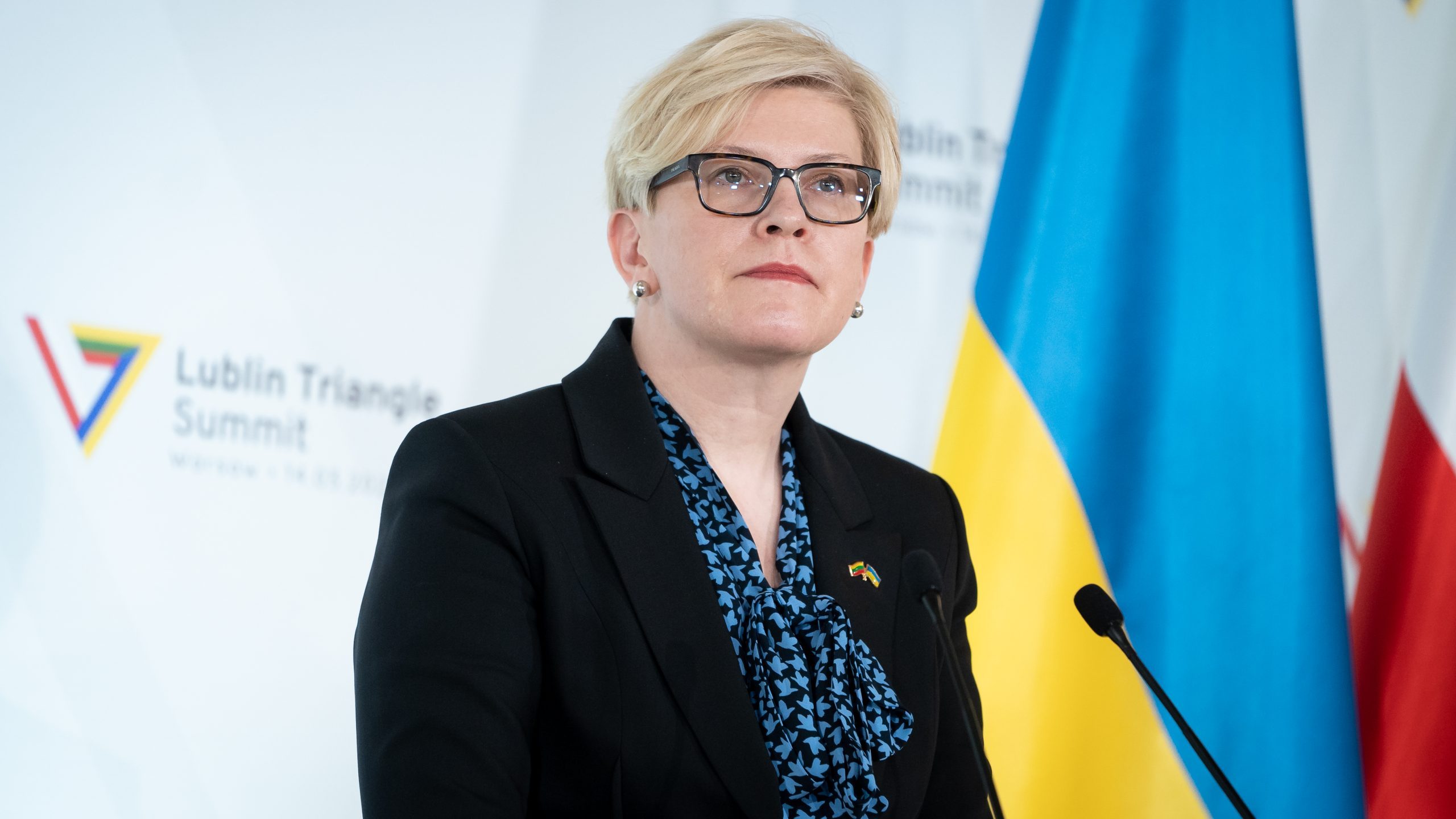
Russia sanctions will work, have patience – Lithuania PM
The European Union (EU) needs patience as it sanctions Russia for its invasion of Ukraine, as most measures will only have an impact in the medium and long terms.
Lithuania’s prime minister, Ingrida Šimonytė, said in an interview at the Reuters NEXT conference on Thursday.
“My message is, we need to have patience. Because there are no sanctions that can switch Russia off overnight. It is not possible, we should not look for this,’’ Prime Minister Ingrida Simonyte said.
She said that there was a broad agreement among NATO nembers not to pressure Ukraine to negotiate, and called on NATO to provide air defences to not only eastern NATO members but also to Ukraine.
She pointed to the missile explosion in Poland in November that killed two people.
Poland and other Western states have said the missile was a Ukrainian air defence missile that went astray in pursuit of a Russian missile.
“The better air defence system Ukraine has the less probability of incidents like that might happen. It is important not only for NATO to provide a decent (air) defence system, but also provide Ukraine with a decent (air) defence system,’’ she said.
Lithuania will host a NATO summit in 2023 which Simonyte expects to be dominated by Ukraine but also by the decision of Sweden and Finland to join the Western defence alliance.
She refused to comment on reports she is angling to lead the NATO alliance after the current secretary general, Jens Stoltenberg, would have stepped down in September 2023.
Lithuania and the other Baltic States of Latvia and Estonia, once ruled from Moscow but now part of both NATO and EU, were better prepared to withstand a Russian attack since the Feb. 24 invasion of Ukraine, she said.
However, Russian President, Vladimir Putin’s choice to invade Ukraine has given rise to fears he might do same in the Baltics, she said.
“It is hard to say there is a thing he would not do,’’ Simonyte said.
Since the invasion, NATO has named Russia a persistant threat, nearby Sweden and Finland have applied to join the alliance and NATO’s presence in the Baltics has increased.
Adding to the jitters, neighbouring Belarus had deepened its close relationship with Russia and is now fully dependent, Simonyte said.
“This looks more like a province than a sovereign country. There is a decent question, how self-sufficient is (Belarus President Alexander) Lukashenko in decisions he is making,’’ she said.
The Belarus military did not take part in the Russian invasion of Ukraine, but Russian troops used Belarus territory for their offensive, she added.
-

EU plans to begin talks on possible confiscation of Russia’s frozen assets on Nov. 30
European Union (EU) permanent representatives plan to start discussions on the possible confiscation of Russian assets and their potential use for the reconstruction of Ukraine at a meeting in Brussels on Nov. 30, according to the event’s provisional agenda.
On Monday, the EU Council approved the decision to include circumvention and violation of European sanctions in the list of EU criminal offenses.
This measure will pave the way for the confiscation of Russian assets in the European Union, EU Commissioner for Justice Didier Reynders said in October.
The “use of frozen assets to support Ukraine’s reconstruction” is included for the first time among the foreign affairs issues which the EU permanent representatives intend to discuss with the European Commission on Nov. 30.
In addition, the list of themes to be raised at the EU Justice and Home Affairs Council includes the “Directive on asset recovery and confiscation. Policy debate.”
Western countries have frozen Russia’s foreign currency reserves and halted international payments from Russian banks as part of sanctions against Moscow after it launched a special military operation in Ukraine on Feb. 24.
In total, the EU member states have frozen 17.4 billion euros (or 18 billion dollars) of Russian assets, with funds distributed unevenly throughout the union, according to Reynders.
In October, EU leaders instructed the European Commission to prepare proposals on the use of Russia’s frozen assets to finance the restoration of Ukraine.
Moscow has repeatedly said that the EU’s attempts to confiscate frozen Russian assets are an expropriation of property, a violation of the European Constitution and international law.
Kremlin spokesman Dmitry Peskov has told Sputnik that Russia will do everything possible to return the seized assets, given their illegal seizure.
-
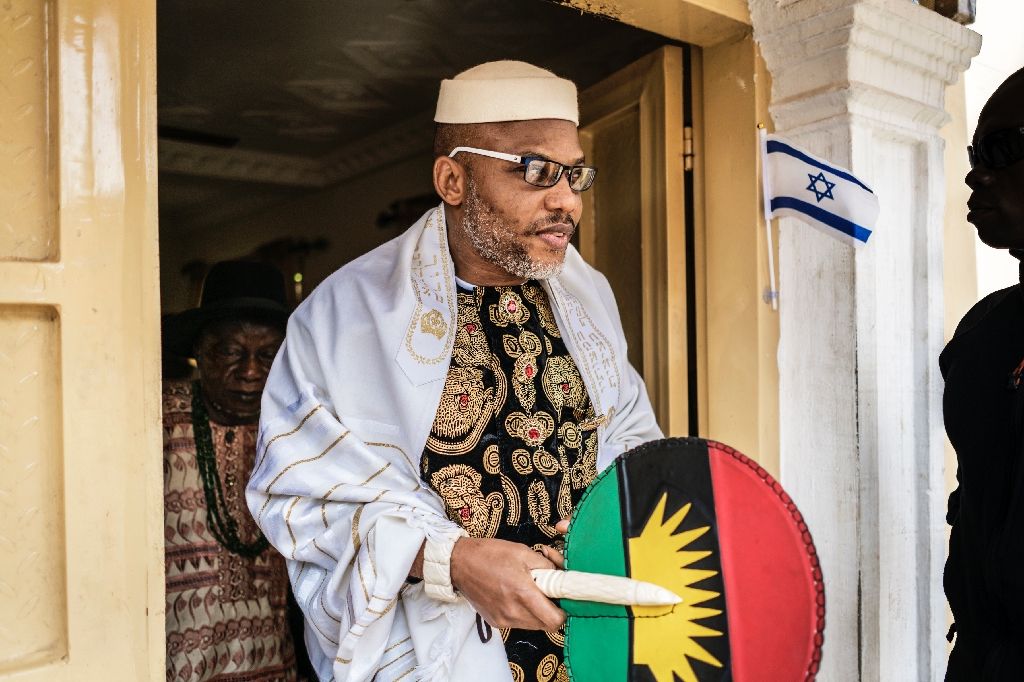
Nnamdi Kanu’s medical condition is worsening, intervene- IPOB Lawyer begs EU
Aloy Ejimakor, counsel to
Indigenous People of Biafra, IPOB, has urged the European Union (EU) in Nigeria to intervene in Nnamdi Kanu’s case, noting that his medical condition is worsening.Ejimakor, who wrote a letter to the EU on Wednesday, opined that the Federal Government would listen to a plea from the union.
He asked the EU to urge the Federal Government to desist from further criminal prosecution of Kanu.
The letter read, “We the solicitors of Nnamdi Kanu on whose behalf and instruction we hereby most respectfully request for the urgent intervention of the European Union Delegation in urging the Government of Nigeria to promptly implement the opinion of the United Nations Working Group on Arbitrary Detention and the pertinent judgement of the Federal High Court of Nigeria (Umuahia) regarding the matter of Mazi Nnamdi Kanu, who is currently detained by the GON in solitary confinement.
“We are also very alarmed at the worsening health condition of Mr Kanu, exacerbated by the inhumane detention conditions to which he is being subjected, including his solitary confinement since June 27, 2021.
“We trust therefore that your mission and home governments will give the most urgent and expeditious attention and consideration to our humble prayers.”
TheNewsGuru.com (TNG) reports that Kanu is a British-Nigerian political activist who advocates for the secession and independence of Biafra from Nigeria.
He is the leader of IPOB, which he founded in 2014. The main aim of IPOB is to restore the separatist state of Biafra which existed in Nigeria’s Eastern Region during the Nigerian Civil War of 1967–1970.
After two-and-a-half years of war, during which almost two million Biafran civilians (three-quarters of them small children) died from starvation caused by the total blockade of the region by the Nigerian government, Biafran forces under Nigeria’s motto of “No-victor, No-vanquished” surrendered to the Nigerian Federal Military Government (FMG).
The surrender was facilitated by the Biafran Vice President and Chief of General Staff, Major General Philip Effiong, who assumed leadership of the Republic of Biafra after the original President, Colonel Chukwuemeka Odumegwu Ojukwu, fled to Ivory Coast.
After the surrender of Biafrans, some Igbos who had fled the conflict returned to their properties but were unable to claim them back from new occupants. This became law in the Abandoned Properties Act (28 September 1979).
-

EU officials warn of economic slowdown
The European Commissioner for Economy, Paolo Gentiloni has warned that the European economy is slowing down.
The commissioner said this at a news conference of the Eurogroup that a contraction is predicted at least for the winter months due to the energy crisis and high inflation.
“If we look at high-frequency indicators and the economic sentiment, we see that many things point to a contraction in economic activity this winter,’’ Gentiloni said.
Paschal Donohoe, president of the Eurogroup, said everyone knows that the economy within the euro area is slowing down.
“ In October, economic growth for the area stood at 0.5 per cent.’’
The finance ministers, representing the 19-country euro area, met in Brussels on Monday to discuss the eurozone’s economic development, as well as budgetary measures to mitigate the impact of high energy prices.
According to estimates by the Commission, euro area governments have so far collectively spent about 200 billion euros, or 1.25 per cent of the European Union’s (EU) Gross Domestic Product (GDP) on energy support for the year.
Gentiloni said about 70 per cent of the supporting measures adopted by the member states so far were untargeted, meaning “they benefit all, or a very large share of the population.
“We are aware of course that targeting is not always easy, politically and technically, especially if you have to react very quickly.
“This is also why we have the expectation that this targeting of measures can improve in the coming months,’’ he said.
Donohoe said the ministers noticed the challenges of significant supports and effectively managing the trade-off between reducing inflation, while supporting both vulnerable households and the euro area’s international competitiveness.